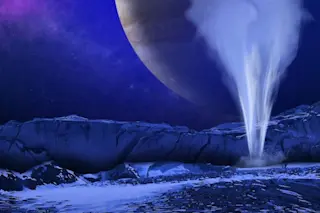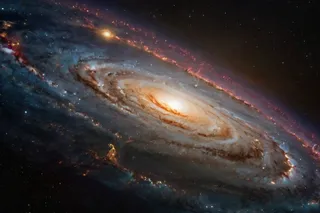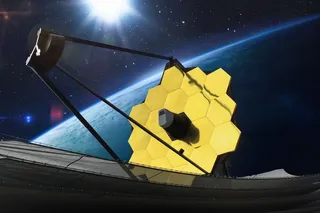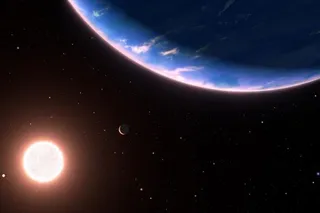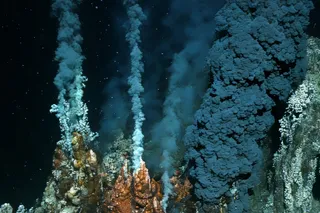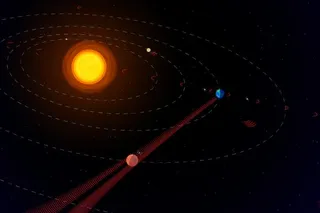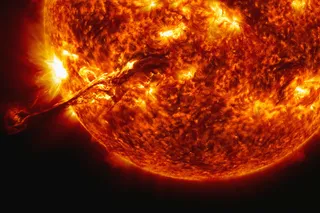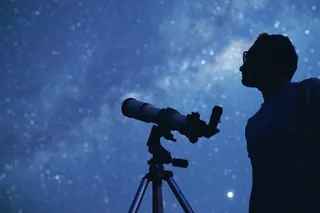As humans explore the solar system, the tantalizing possibility of discovering extraterrestrial life continues to pop up. But the goal of most scientists is to discover existing life on another world, not to accidentally bring it there from Earth. Whether travelers are robotic probes or human astronauts, scientists are increasingly faced with the challenge of preventing the contamination of alien environments. But if we uncover still-evolving alien life on another world, can we even justify going there?
There are both important scientific and ethical reasons why cross-contaminating another planet or asteroid doesn’t sit well with many.
Scientifically, “you don’t want to find yourself in the position of equivocating about whether you found something left behind by a previous probe versus something which truly represents a separate generation of life,” says James H. Beall, a senior consultant in the Space Sciences Division at the Naval Research Laboratory in Washington, D.C., and ...


